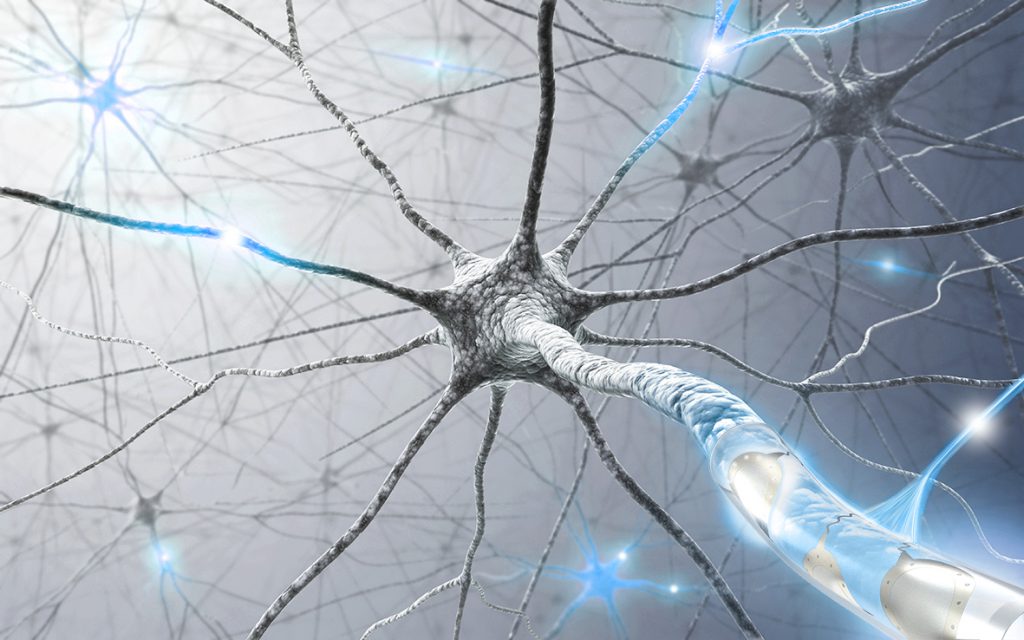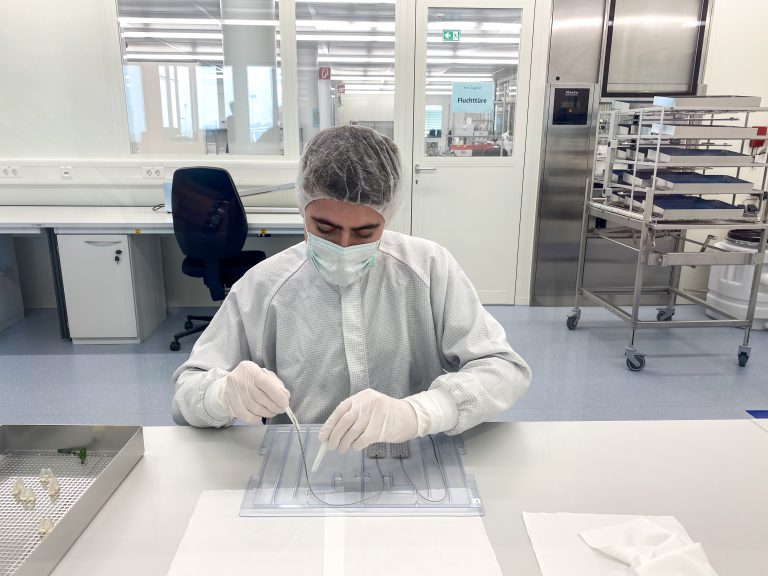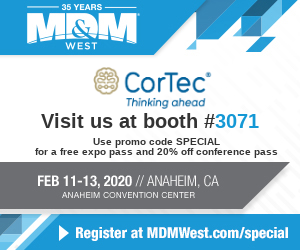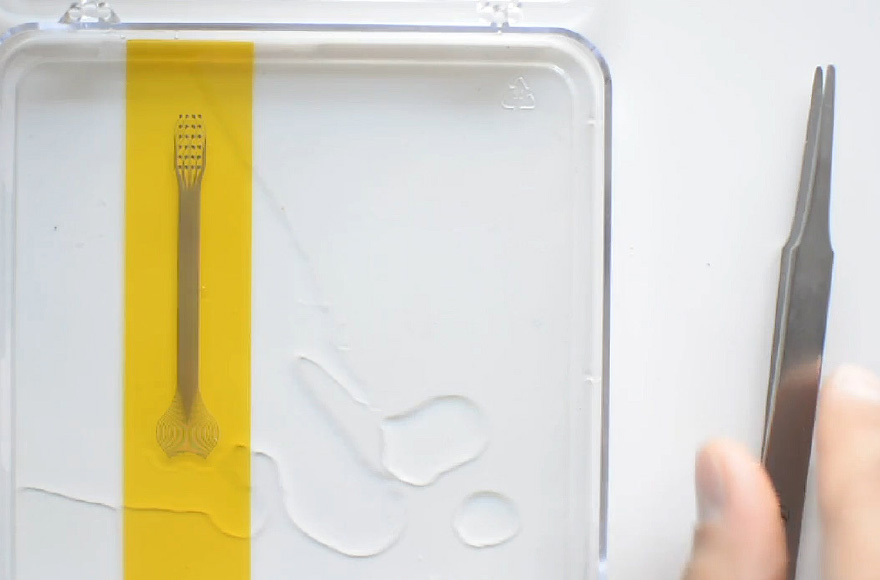With refreshed support into the future of neurotechnology
Dr. Harald Poth, Marco Winzer and Prof. Dr. Pascal Fries new members of CorTecs Advisory Board Following the conclusion of a new round of investments last fall, CorTec is now expanding the expertise in the two advisory boards of the medical technology company. Dr. Harald Poth from LBBW Venture Capital GmbH joins the company’s Advisory …
With refreshed support into the future of neurotechnology Read More »




